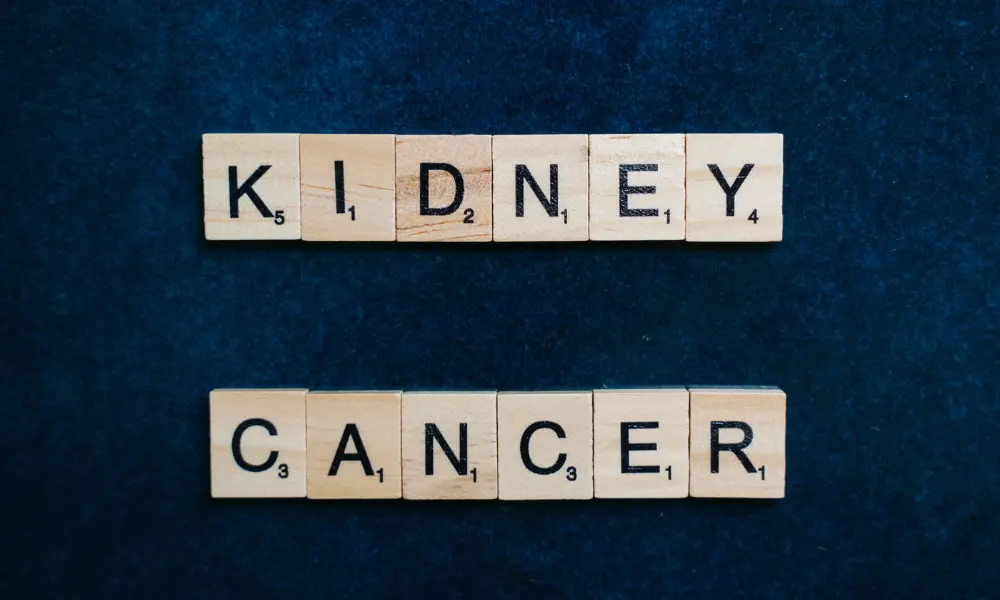Kidney cancer can start developing silently in the cells of our crucial organs without showing any noticeable symptoms. What is alarming is that the risk of this cancer increases with age. Additionally, lifestyle factors play a prominent role in its development.
However, smokers are at double the risk of developing kidney cancer compared to the ones who don’t smoke. Even if one does not smoke or drink and has problematic lifestyle habits like eating unhealthily and staying inactive, then they are at a major risk of kidney cancer as they grow old.
Kidney’s Role in Our Wellbeing
Kidneys are organs that filter out unnecessary fluids and waste products from the bloodstream, maintain electrolyte balance and regulate blood pressure. However, kidney health can be compromised by certain factors, including lifestyle choices and some medical conditions.
Kidney cancer is a condition characterized by the abnormal growth of cells in the kidneys. While kidney cancer may not always have obvious symptoms in its early stages, it may progress rapidly if not treated, posing serious health risks. Fortunately, there are steps one can take to promote kidney health and control the risk of kidney cancer and other related complications.
Kidney cancer is often linked to certain factors such as smoking, obesity, and genetic predisposition. Symptoms include blood in urine, back pain, weight loss, and fatigue. Diagnosis involves imaging tests.
Treatment options include surgery, targeted therapy, immunotherapy, and participation in clinical trials, tailored to the cancer stage and patient’s health. Early identification is important for a better prognosis. There are preventive measures that one must follow to lower the risk of kidney cancer.
Lifestyle mistakes to avoid kidney cancer
Here are seven lifestyle mistakes one must avoid to safeguard one’s kidneys from cancer.
1. Not drinking water: Adequate hydration is essential for the proper functioning of the kidneys, which eliminates waste products and toxins from the body. To support kidney health, one must drink plenty of water throughout the day, at least eight glasses or two to three liters. One must also monitor urine color; pale yellow urine indicates adequate hydration.
2. Not eating a balanced diet: A diet that does not include all essential nutrients may turn out to be a problem for kidney health. Prioritize a diet rich in fruits, vegetables, and whole grains while limiting processed meats, sugary beverages, and unhealthy fats. These foods are nutrient-dense and provide essential vitamins, minerals, and antioxidants that support good kidney function and reduce the risk of kidney cancer.
3. Not keeping blood pressure in check: High blood pressure can damage our kidneys over time, increasing the risk of kidney disease and the development of cancer. One must monitor their blood pressure regularly and try to keep it within a healthy range. This can be done through practicing a healthy lifestyle, having a balanced diet, regular exercise, stress management, and, if necessary, medication. Consult a healthcare provider for personalized guidance.
4. Excess weight: One must aim to maintain a healthy body weight through mindful eating habits and regular exercise. Being overweight can strain the kidneys and considerably increase the risk of kidney disease and cancer. One must include a variety of nutrient-rich foods in appropriate portions to their diet to support weight management and overall health.
5. Taking way too many pain relievers: Certain over-the-counter pain relievers, when used excessively, can harm the kidneys. Nonsteroidal anti-inflammatory drugs (NSAIDs) should be used sparingly and under the guidance of a doctor. One must look at alternative pain management strategies such as physical therapy or acupuncture. One must avoid long-term use of NSAIDs without medical supervision.
6. Smoking and alcohol: Smoking and excessive alcohol consumption are significant risk factors for kidney cancer. Quitting smoking and moderating alcohol intake can help prevent our kidneys and reduce your risk of cancer. Seek support from healthcare professionals or support groups if you need assistance quitting smoking or reducing alcohol consumption.
7. High blood sugar levels: Generally, diabetics are at high risk of kidney disease and cancer. One must have a control over blood sugar levels through diet, exercise, medication, and monitoring. One must monitor their carbohydrate intake, engage in regular physical activity, and adhere to their diabetes management plan to reduce the risk of kidney complications.
By incorporating simple yet effective strategies into daily routines, individuals can take proactive steps toward protecting their kidneys and maintaining optimal health. To consult a specialist – CLICK HERE.





